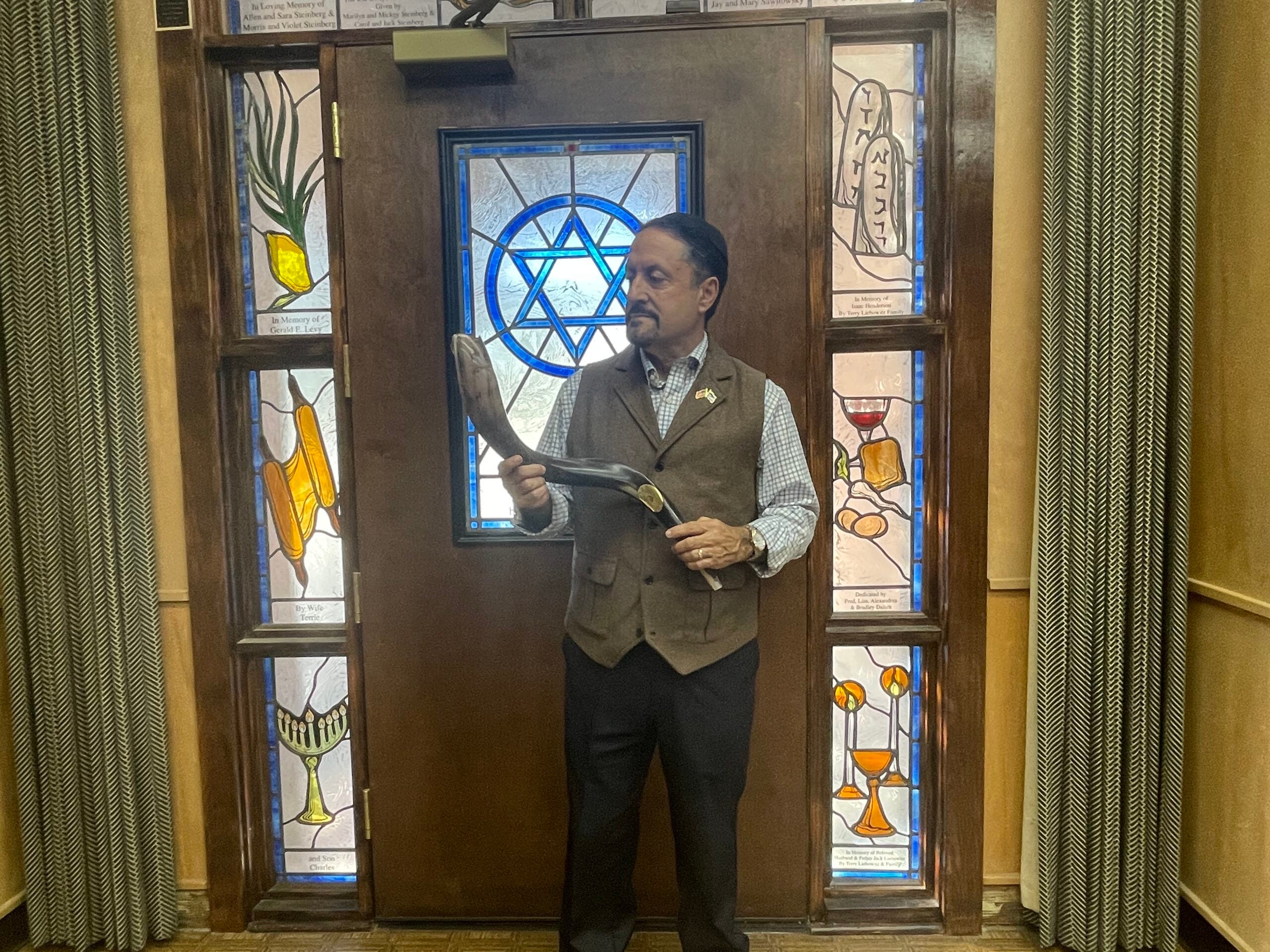Yom Kippur, the Jewish Day of Atonement, begins Friday evening.
The holiest of High Holy Days in Judaism, it is a somber time devoted to repentance and introspection, comprised of a long series of services from Friday evening through Saturday night. The faithful fast from food and drink for roughly 25 hours, and offer heartfelt prayers, including for Israel.
“It’s a day that we reflect on our sinfulness, on our need to apologize and forgive, regarding our relationships with God, with our fellow human beings and with ourselves,” said Rabbi David Sirull of Adas Yeshurun Conservative Synagogue in Augusta. “This year, I think that our sinfulness may not be the focus in the areas that were affected by [Hurricane Helene], but rather, what can we do?”
Adas Yeshurun is in Summerville, off Walton Way, one of the most severely affected areas in the city. Debris from trees ravaged by the storm sits piled just along the street, most of it cleaned from the property Thursday. The impact of Helene on its congregants range from those scarcely affected to those who have completely lost their homes.
Services for Rosh Hashanah, the Jewish New Year, and the first of the High Holy Days, leading up to Yom Kippur, were to begin on Oct. 3, but were canceled, as the synagogue was still without power and running water.
Yom Kippur services, however, are to go on as scheduled.
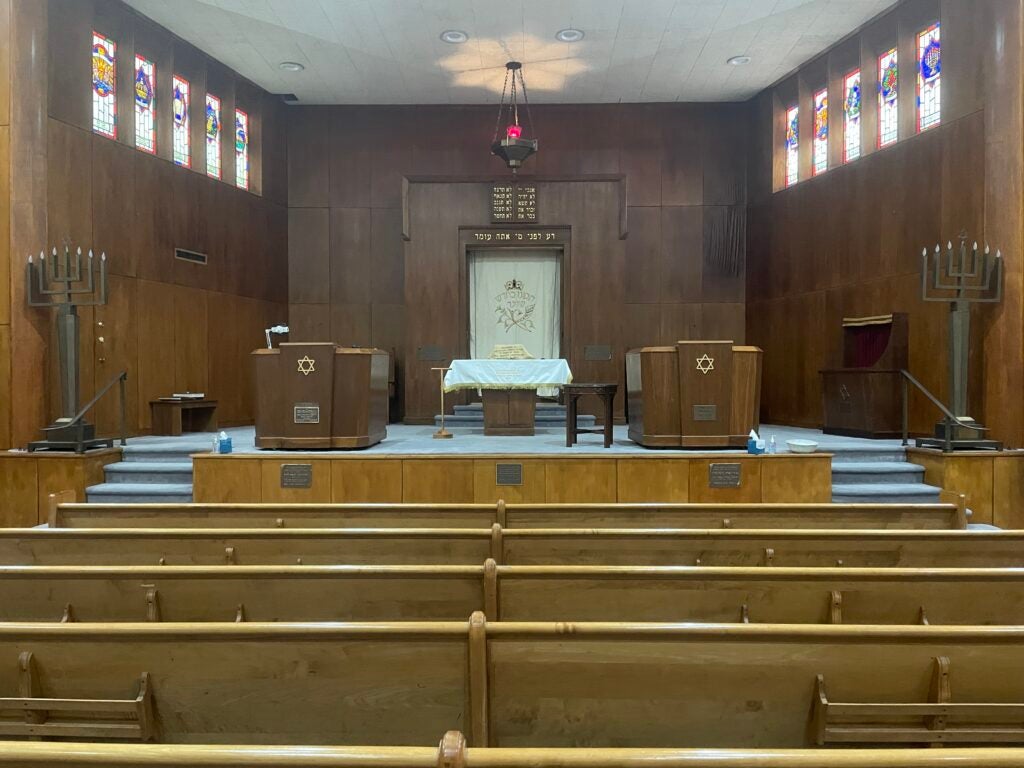
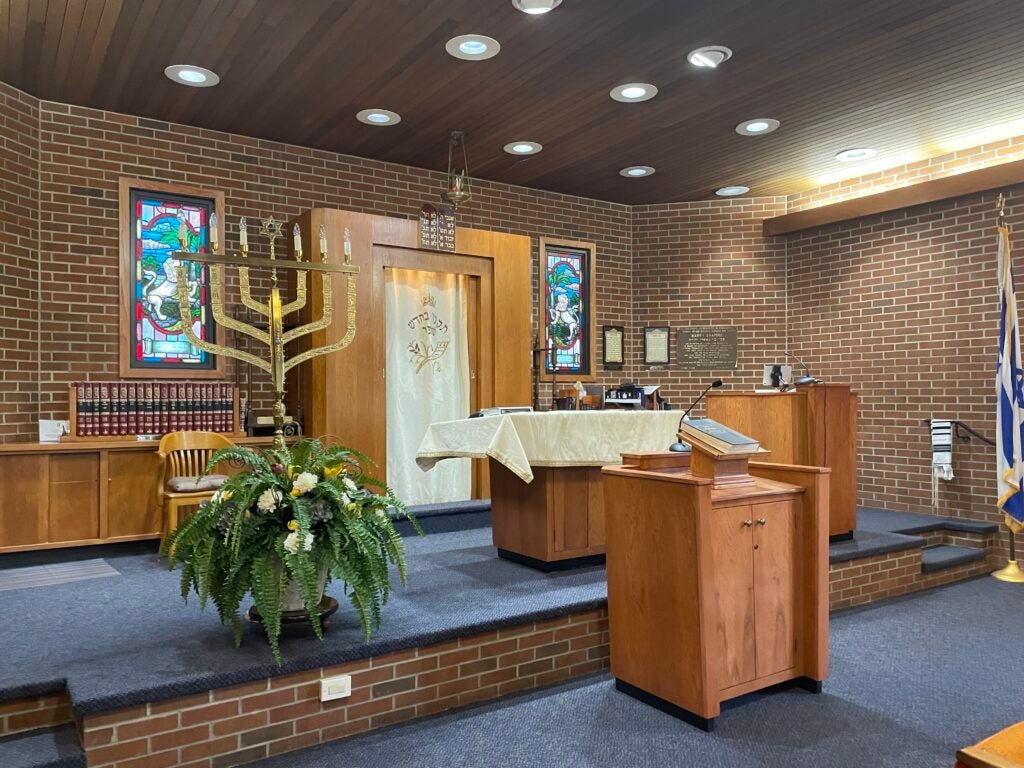
“Attendance is likely to be to diminished, to some extent… so many people who were affected by it have asked me about how to prioritize, and whether or not there’s going to be services, whether or not they should attend services,” said Sirull. “My message repeatedly has been that your focus right now should be your family and your homes.”
Sirull is a native of Miami, and no stranger to the kind of weather that Augusta faced at the end of September. He recalls when his own home was destroyed there in 1992 by Hurricane Andrew.
“When [my wife and I] came out of the house that morning after the hurricane ended, every home in the neighborhood was a pile of rubble,” he said. “I know that we’ll come back from this. The way Miami looked after Hurricane Andrew, it didn’t seem like it would ever come back, or if it did, it was going to take a long, long time.”
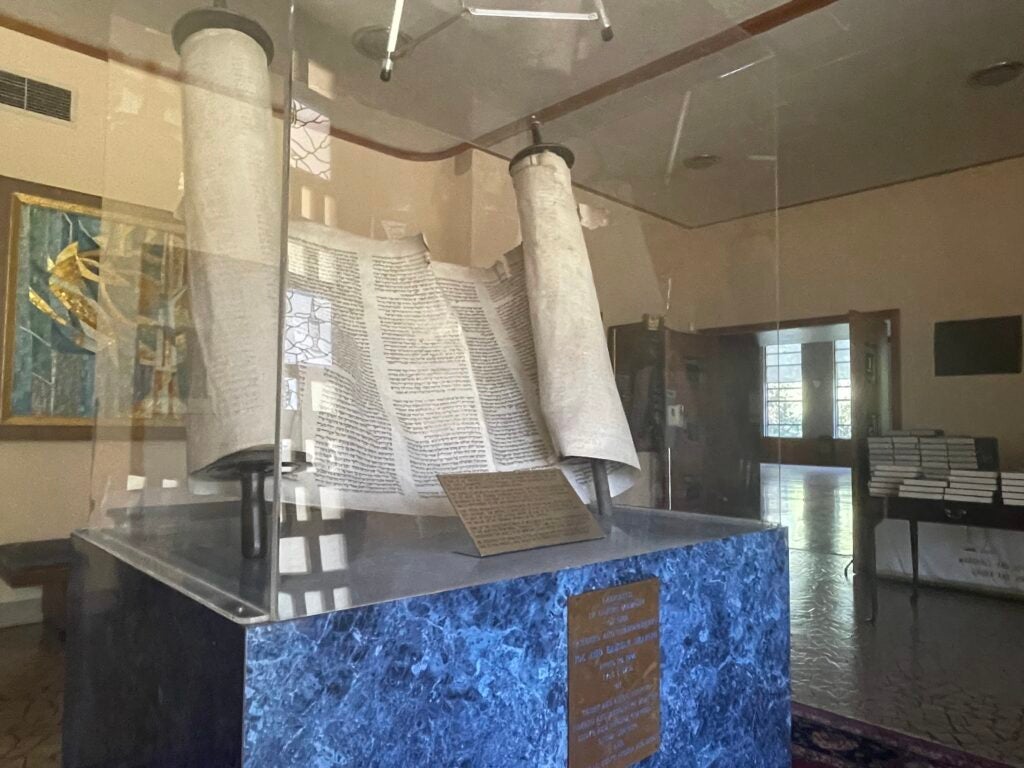
Preparing his sermon for the Day of Atonement, Sirull is less inclined this year to emphasize offences for which congregants should repent, but rather foster spiritual reflection on the moral implications of the situation. He draws from an earlier talk he has given about the Holocaust and the quandaries in faith roused by that degree of tragedy.
“It wasn’t God that built those concentration camps, it was man. It was the evil that man perpetrated,” said Sirull. “What’s going on after a tragedy like a hurricane or an earthquake, is not, where was God? The question is, where are you? What are you doing? What’s your responsibility?”
While Sirull doesn’t offer an explanation to why tragic things happen—whether via atrocities my humans or by natural disasters—he stresses the importance of finding the good in such situations, particularly in the good that people are able to do.
“When bad things happen, there’s generally goodness and kindness that’s shown by people that are involved,” he said, stressing that the best that people can do in times like this to is help when one can, and receive help if one is in a position where it’s needed. “Stay strong.We’ll get through this. Keep your faith. God’s not going anywhere, neither are we.”
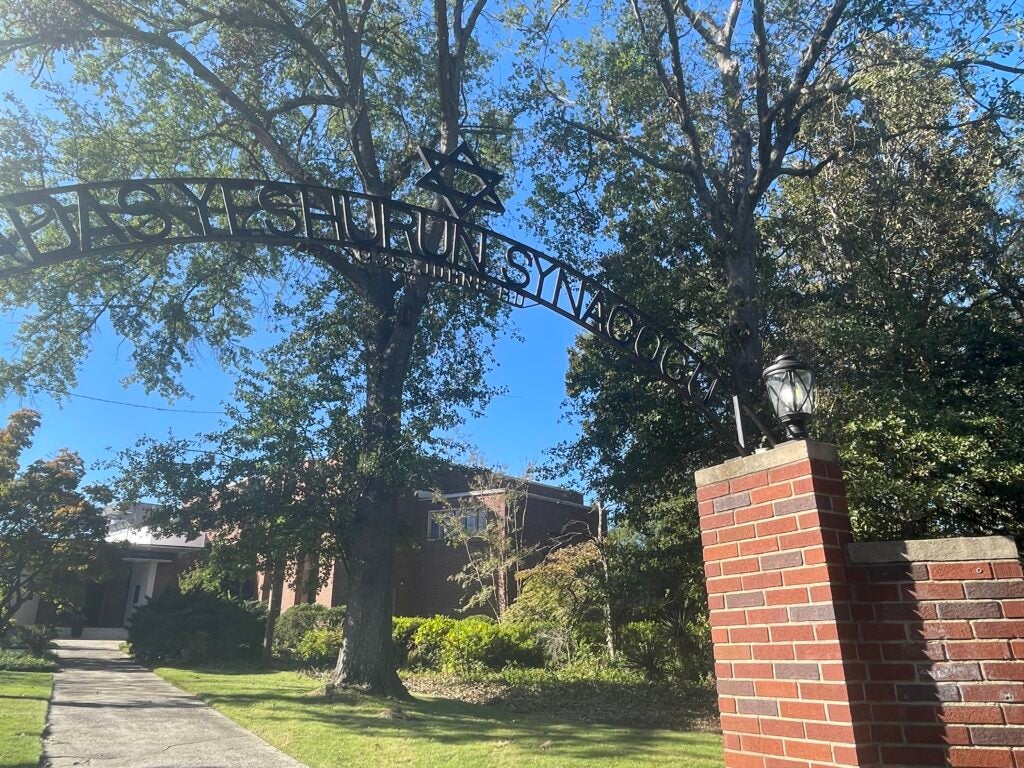
Yom Kippur services at Adas Yeshurun Synagogue, located at 935 Johns Road, start Friday evening at 6:30 p.m.
Skyler Q. Andrews is a staff reporter covering business for The Augusta Press. Reach him at skyler@theaugustapress.com.

